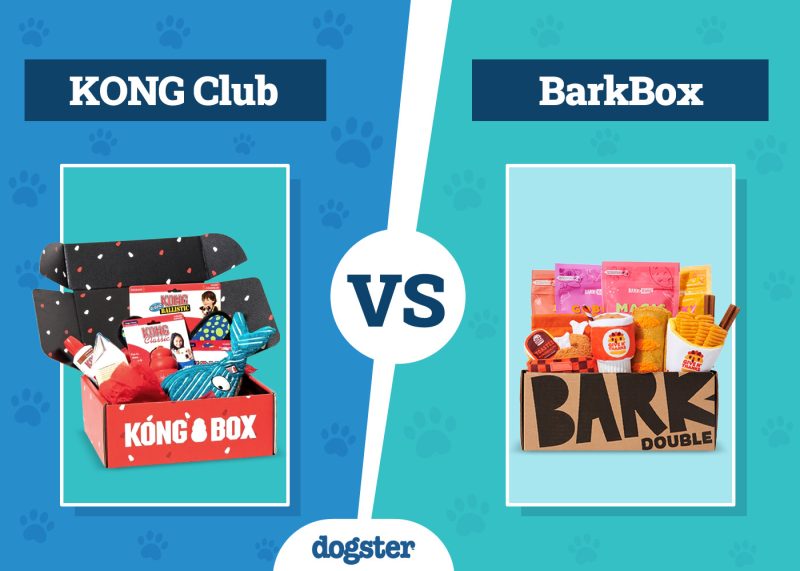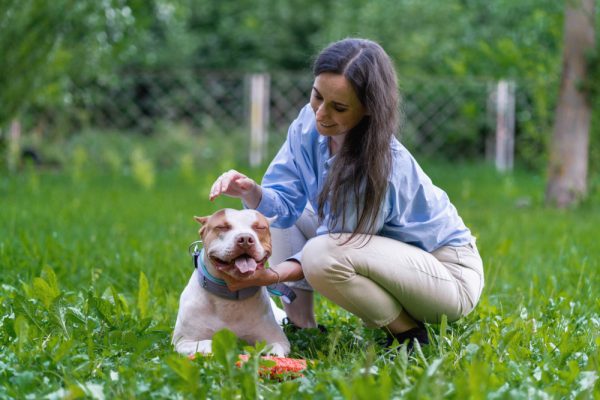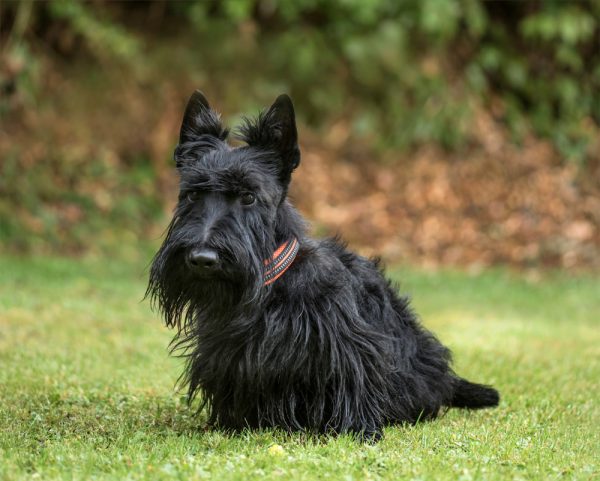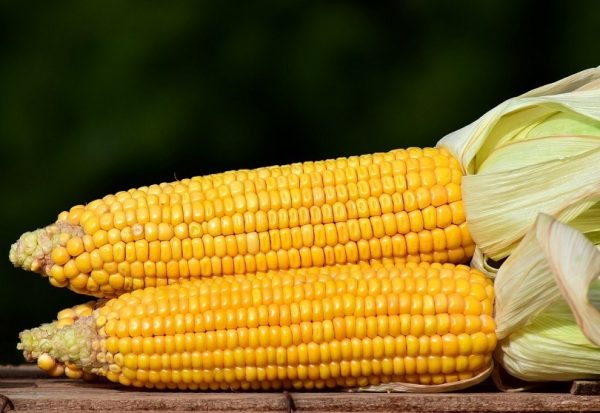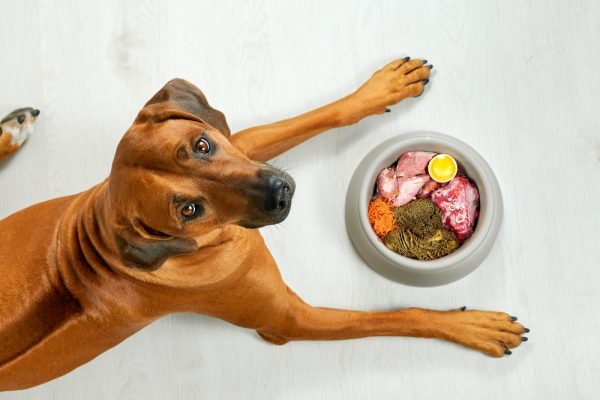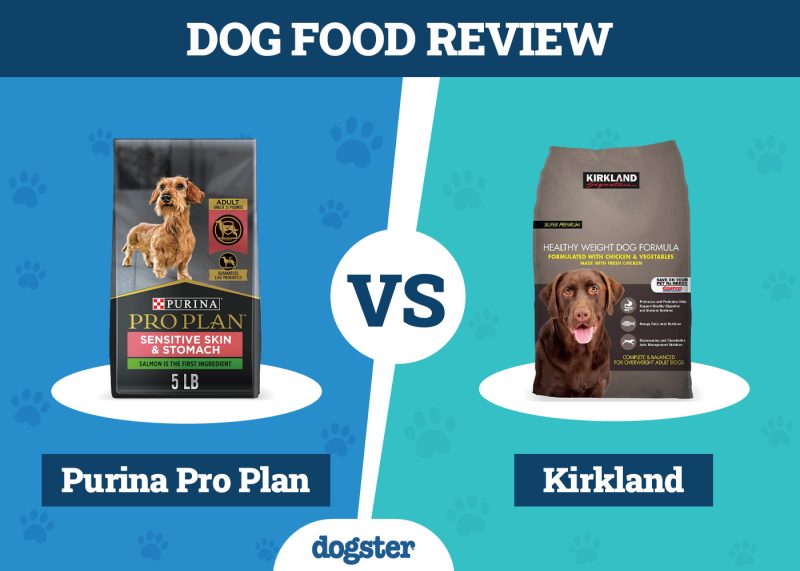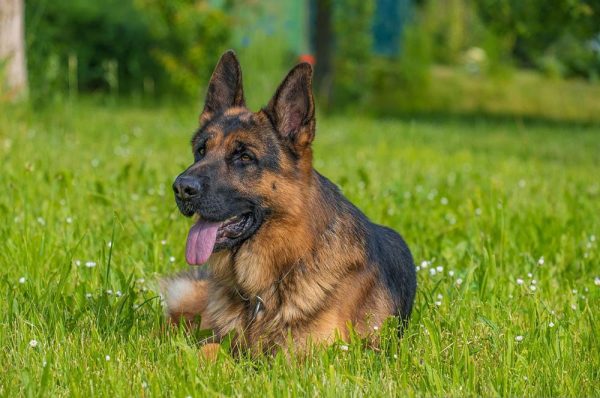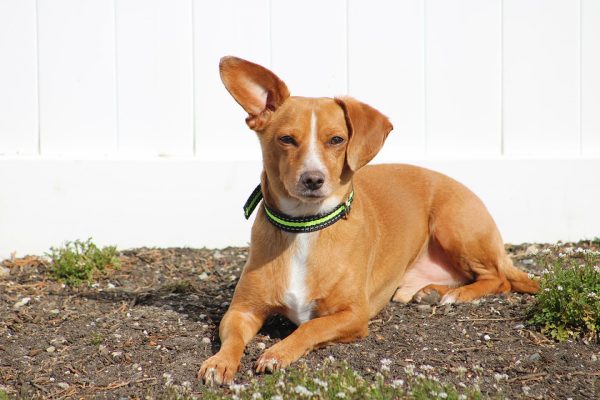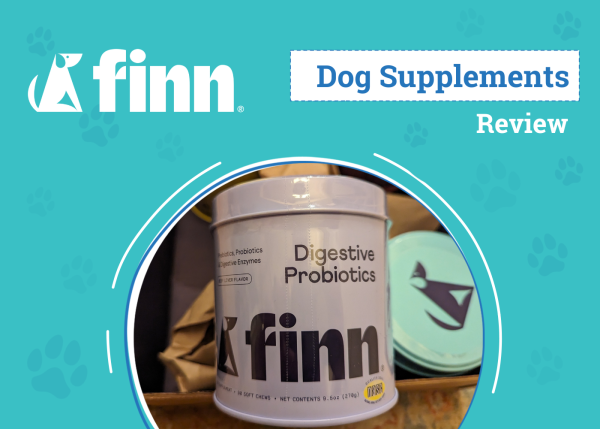In this article
If you are a pet owner and have found yourself bleeding or injured, you might have noticed that your dog wants to lick the wound. While most dogs will come to investigate, some will also try to lick the blood. There are heartwarming reasons that your dog will attempt to, and often manage to lick the wound. However, licking human blood can also be dangerous to your dog and you.
Why do dogs lick human blood? How is it dangerous to both of you? We’ll answer these questions and more below.

Why Do Dogs Lick Human Blood?
The simple answer is that your dog will lick your blood to try and take care of you. When a dog has been injured, its instinct is to try and heal themselves by licking the wound. This trait is present in dogs and other species, such as rats and cats. While it’s sweet that your dog is trying to heal you by licking your wound, it’s also dangerous.
While there are components of a dog’s saliva that help heal wounds, which is why they do it to themselves, your dog’s mouth and saliva contain bacteria that can infect an open wound.
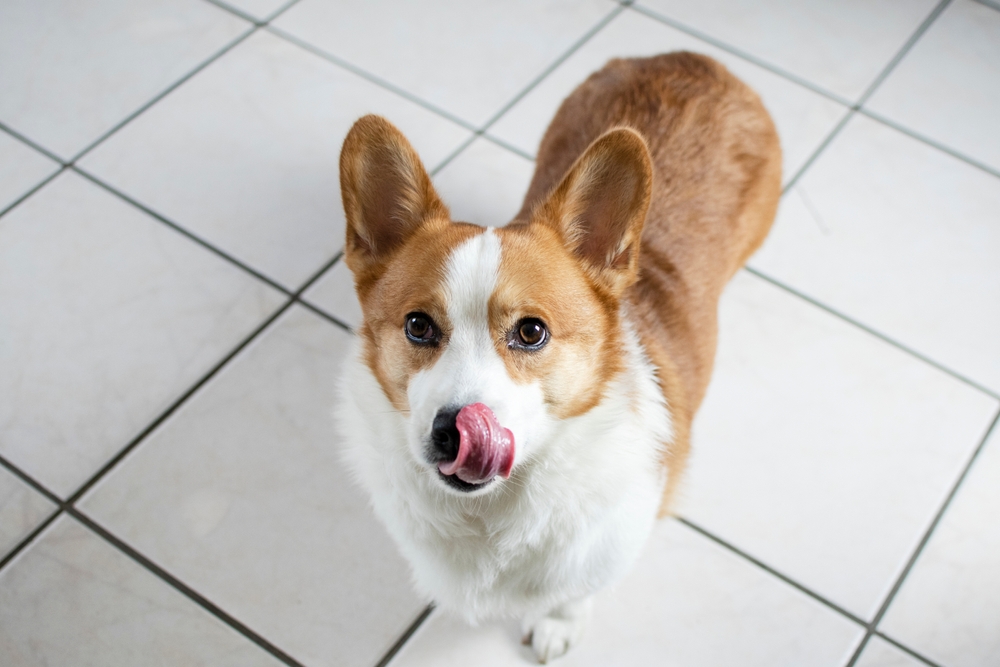
What Happens If a Dog Licks Human Blood?
If your dog licks your blood, they aren’t completely safe either. There are very few illnesses that a dog can contract from licking a person’s blood. However, some human illnesses, particularly those involving our respiratory tracts, can be passed onto dogs via our blood.
Examples of such illnesses include pneumonia, flu, or even tuberculosis. It is because these illnesses (which affect the respiratory system) can gain access to your dog’s respiratory system if they lick contaminated blood. This is because the respiratory system shares some common anatomical locations with the digestive system.
Although very rare, licking copious amounts of human blood could also make a dog sick, cause diarrhea, and lead to vomiting episodes. However, realistically speaking a dog would have to ingest very high amounts of blood for this to happen—the fact that they would have access to such high amounts of blood is truly rare (and obviously implies that whoever is bleeding is in a life or death situation).
How Can My Dog Licking My Wound Make Me Sick?
Many pet owners don’t realize that there are illnesses they can catch by letting their dog lick their wounds. The main concern with a pet dog licking your wounds is that their saliva naturally contains millions of microbes (bacteria) that would gain access to your bloodstream if your dog were to lick an open wound. This essentially implies an infection. As such, you should never allow your dog, no matter how healthy they are, to lick your wounds.
It is also worth mentioning a specific viral disease that a dog could hypothetically pass on to a person from their saliva. This disease is rabies. In dogs, rabies has no cure, and a rabid dog is always humanely euthanized, as the dog can transmit the virus to a human via their saliva. The best way to protect yourself (and your dog) from this ever happening is to have them vaccinated for rabies.
If you’ve been bitten by any animal, you should always wash the wound with a disinfectant soap and warm water for a period of around 20 minutes and promptly see your healthcare provider.
The vaccine protocol for rabies varies for dogs depending on the geographic location the dog is located. In areas where rabies is considered endemic, the vaccine is often advised as a core vaccine (and in some instances can be a legal requirement). In other areas, the vaccine might be listed as a non-core vaccine. It’s best to follow your veterinarian’s lead when it comes to vaccinating your pet.
Other disease-causing agents worth mentioning that a dog may transmit to a person via their saliva include the following:
- Campylobacter: This bacterium causes severe diarrhea and vomiting and can lead to secondary infections.
- Salmonella: Salmonella isn’t just found in contaminated meat and plants; it can also be transferred by your dog licking your wounds. It is another bacterium that will cause gastrointestinal distress and can be dangerous (potentially fatal) if not treated.
- Giardia: This is a parasite that generally affects water supplies. However, it has a slight chance of being transferred through saliva, so it’s best not to let your dog lick your wounds.

Protecting Your Wound From Your Pup
As mentioned above, no matter how healthy your dog is, you shouldn’t let them lick your wounds. If you do have an open wound, you should have it completely covered with a wrap or bandage, so that you form a protective barrier between the wound and your dog (and other contaminants) as the wound heals.
Depending on the nature of your wound, the type of dressing you can use on it would vary. It’s best to follow your healthcare provider’s instructions for complex wounds (which warrant medical attention anyway).

Final Thoughts
While it may be tempting to let your pup lick your wounds, it’s not a good idea. Dogs’ saliva carries bacteria that can cause an infection and a few potentially fatal diseases you might not have thought about. It’s also highly possible that you can make your canine pal sick.
Make sure to put a Band-Aid or gauze bandage on any wound you have to keep your dog from licking the wound. Complex wounds require a medical professional’s input. Also keep in mind that you should immediately see a doctor if your dog does lick your wound, no matter how seemingly healthy your dog is.
Featured Image Credit: smrm1977, Shutterstock





